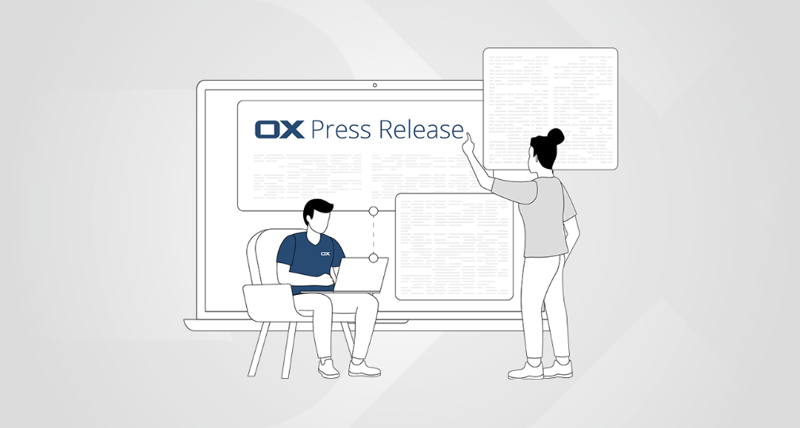
The Computer Weekly Open Source Insider team this month spoke to Rafael Laguna, CEO of Open-Xchange on the ‘four commandments’ to follow when choosing a service provider.
With a heavy emphasis on open platforms and open tools, Laguna’s four commandments stem from his experience gained working at Open-Xchange (OX), where the company develops open source communications software for telcos and ISPs.
Open-Xchange’s successes include the Dovecot IMAP server for email, which has five million live servers worldwide and upwards of 2 billion users.
Laguna insists that open source solutions offer enterprises and SMBs the opportunity to ensure long term independence and data sovereignty — he ‘strongly believes’ in the following ‘four commandments” to follow when choosing a service provider.
Laguna writes as follows…
1. Choice
The service should be available from more than one provider
If a service is only available from a single provider, the market is monopolised and users are severely restricted in their freedom to choose a service based on trust. Even if a provider is deemed trustworthy today, this can change over time – the user must have other options to turn to if they feel they can no longer trust their current provider.
Not to mention the fact that an increase in the number of providers is associated with healthy market competition, thus better innovation and opportunities for economic growth.
2. Portability
Users should be able to move their data between providers.
Moving from one service to another usually necessitates that the data held by that service is also moved. When services are based on open standards – like mail or files are – data portability can be relatively easy.
But already, proprietary messaging services are making it difficult, or even impossible, to transfer messaging histories to another service.
Even worse are cloud services with proprietary data formats that render the data useless, when it is opened by alternative software or services. This simply serves to lock the user in and create a ‘Hotel California’ scenario, where you can check out any time you like… but you can never leave.
3. Democracy
Anybody should be able to become a service provider, at any time
Whilst cloud-based service providers are popular and useful today, this may well change over time and an organisation may decide to become its own provider by in-sourcing the service or running a private cloud.
This is only possible if the software of the cloud service is available to the user.
4. Availability
The software and source code of the service should be publicly available
If the software is open source, users can look at the code and make up their own minds on whether to trust that service or not.
Furthermore, everyone can access and audit the code. This degree of transparency is a key benefit of all open source projects.





